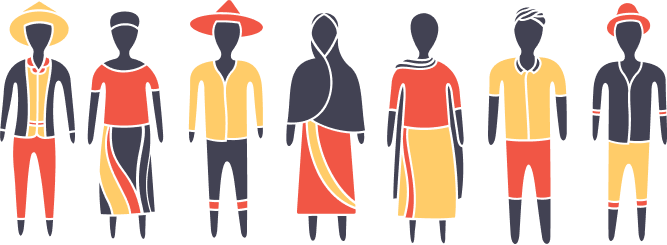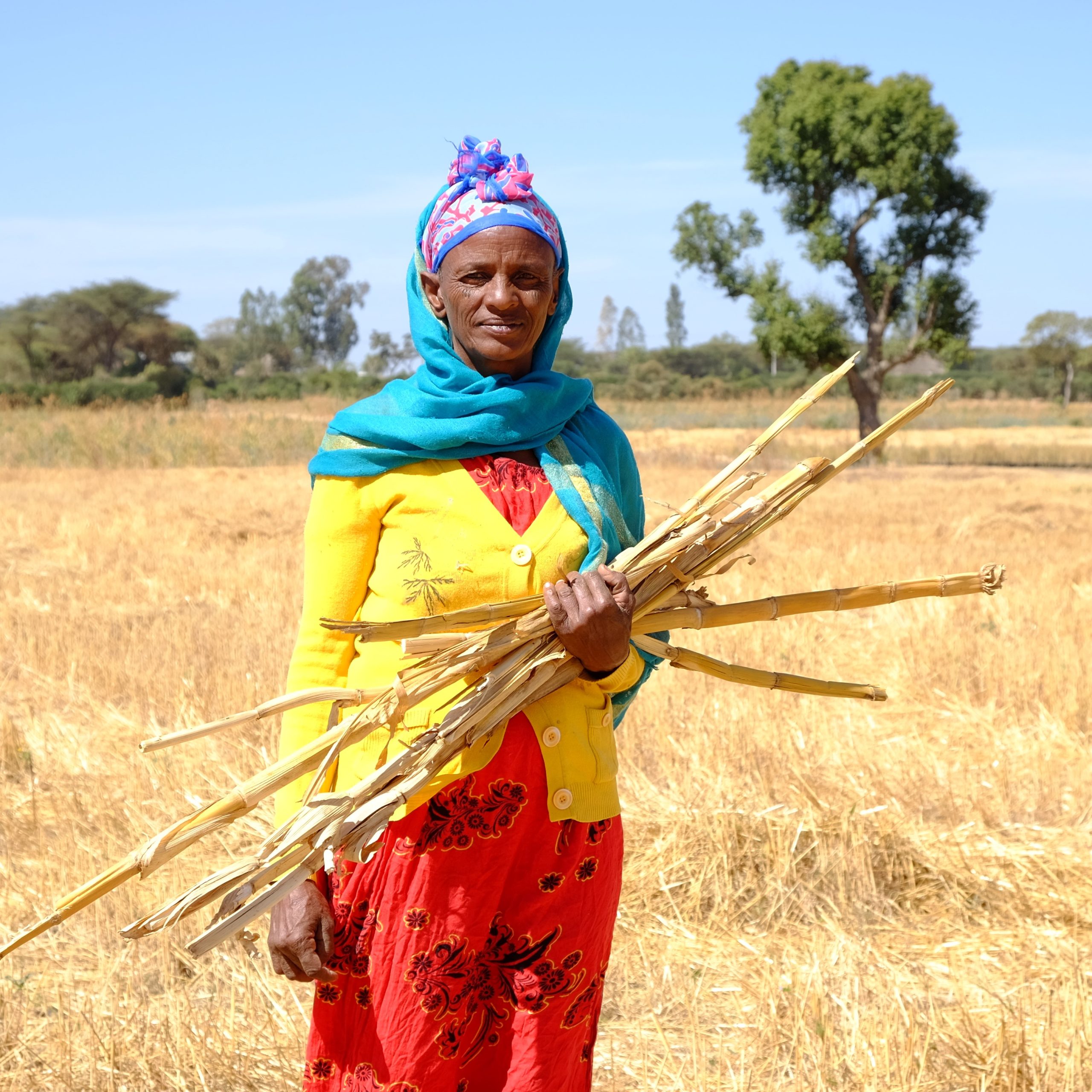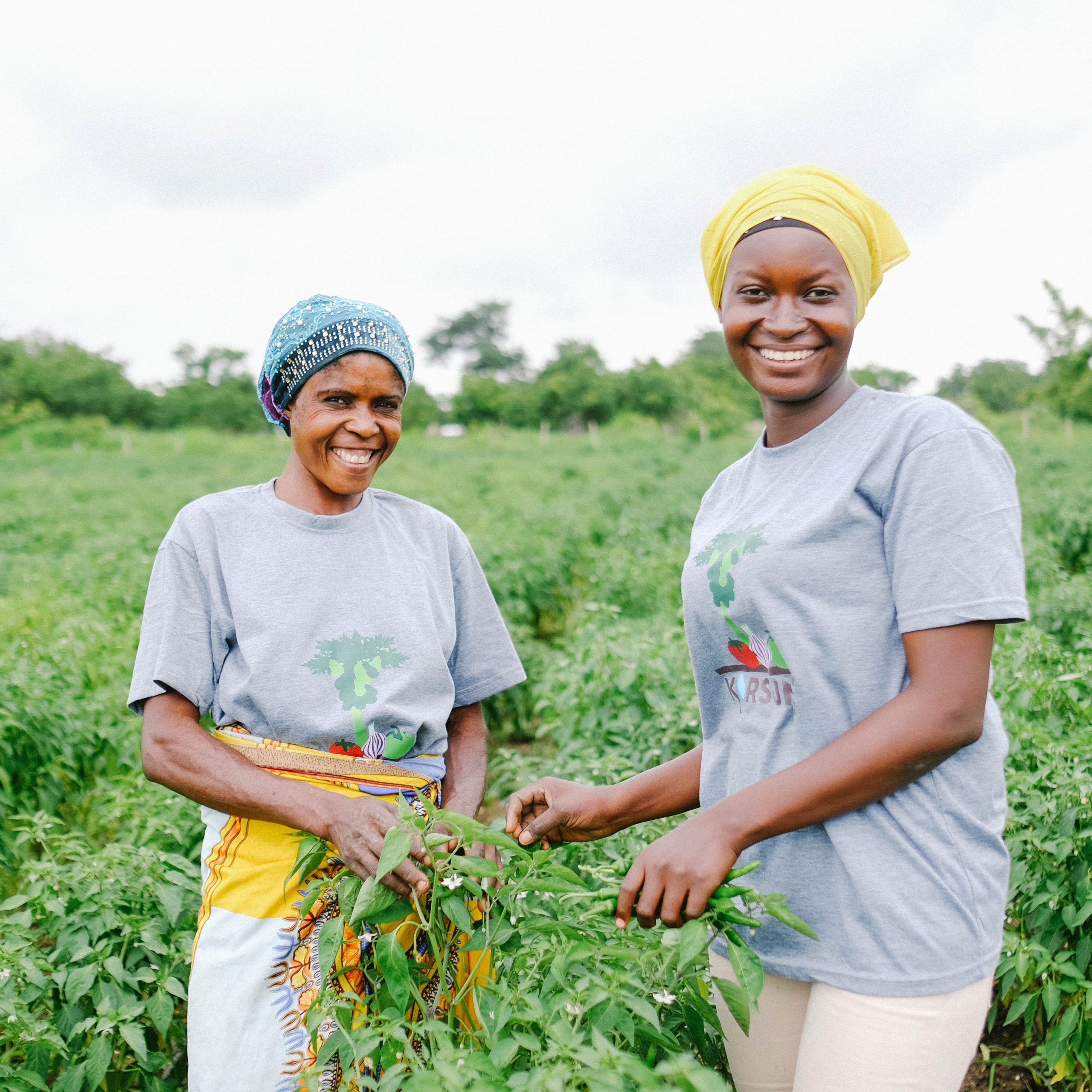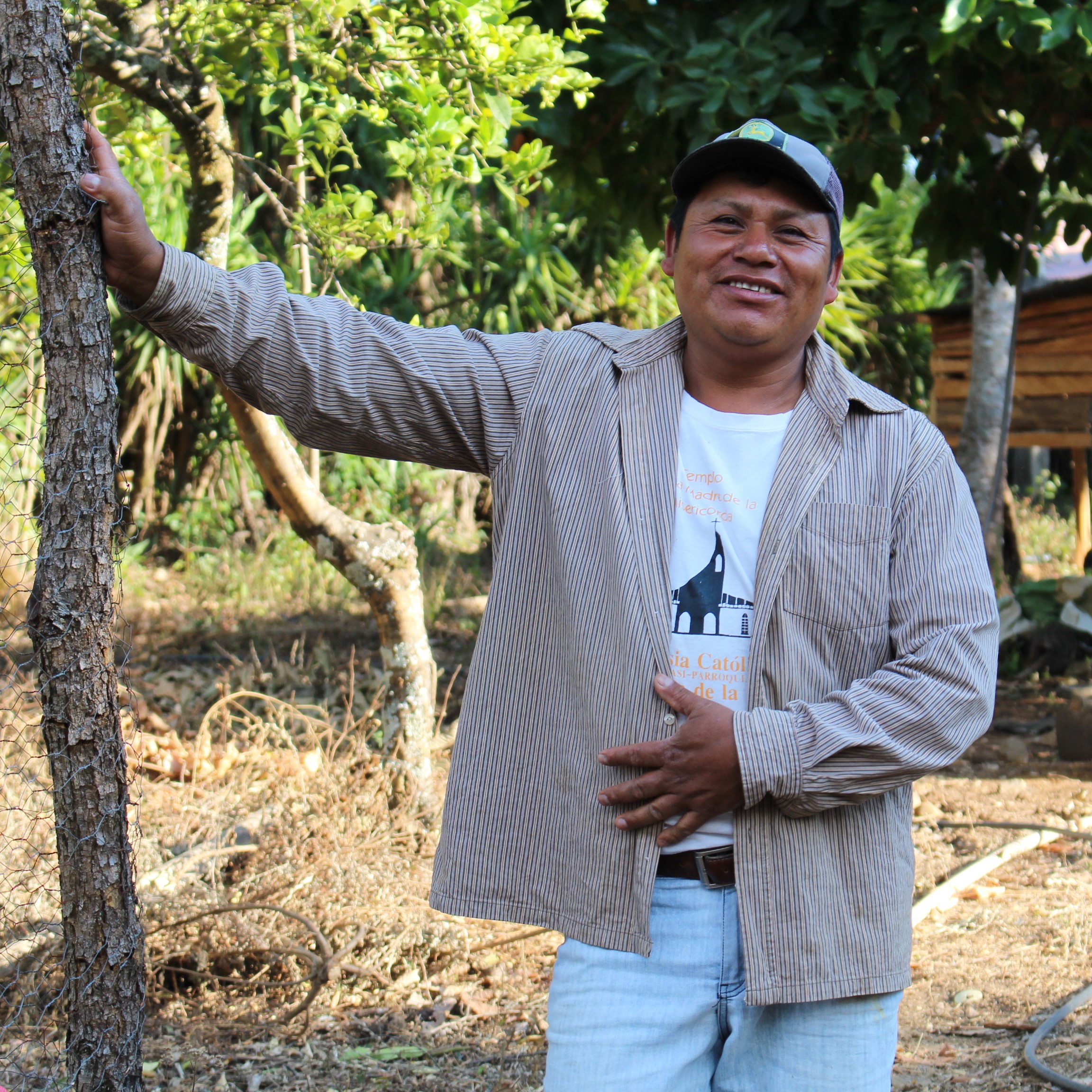Ethiopia
Market-based approaches are new to Ethiopia, but since 2007, iDE has been demonstrating how business can address the most challenging conditions in poverty and sanitation.

Agriculture in Ethiopia accounts for 80 percent of the labor force and over 40 percent of the gross domestic product. Over the past half-century, Ethiopia has struggled with frequent droughts, leading to disruptions in its agriculture as well as a series of humanitarian crises. It is also home to the second-largest population in Africa. Ethiopia’s agricultural productivity is extremely low, due to an underutilization of water resources, with only 6 percent of its groundwater used for irrigation. Malnutrition is widespread due to the resulting lack of sufficient food for the majority of the population and chronic diseases from poor sanitation.
Projects in Ethiopia
Her Time to Grow
Her Time to Grow will create opportunities for at least 25,000 women across Ethiopia, Ghana and Zambia over the next four years. This includes innovations that improve women’s access to finance, information and technology.
Agricultural resilience and dignity
Smallholder farmers in the Wolayta Zone of Ethiopia – approximately 300km south of the capital Addis Ababa – experience repeated cycles of crop failure and hunger.



